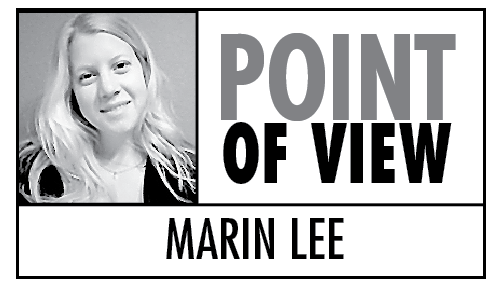Too few Alaskans know the humbling beauty of the Alaska Peninsula and the imposing journey into Bristol Bay. But over the past nine years, I have had the good fortune of spending summers aboard the F/V K2, combing the waters of Bristol Bay for sockeye salmon. In May, life abounds. Migrating birds flock overhead, pods of whales play at midship and eventually, bright, beautiful salmon arrive in overwhelming abundance.
There are too many examples of salmon run failures around the world: dams blocking fish passage, wild rivers diverted, pollution from burgeoning growth and overfishing. But in Bristol Bay, we have sound management, an intact ocean ecosystem and pristine water in the rivers, streams and lakes. I know we have a successful and sustainable fishery in Bristol Bay because many Alaskans are dedicated stewards of the harvest and habitat that salmon need to thrive. Because of this, we have a plentiful harvest and I, and thousands of others, have a unique and honorable occupation.
The proposed Pebble Mine has captured the attention of many during the time that I have been fishing and I am one of the many Alaskans proud to fly the iconic “No Pebble” flag on our mast. But the other great risk to Bristol Bay, the possibility of offshore oil and gas drilling, has been an ongoing struggle for more than 35 years. In 1995 fishermen, tribes, governors and conservation groups were successful in getting the U.S. Department of the Interior to buy back leases that had been sold a few years prior, and I am grateful for that effort, which has effectively kept the horizon free of oil rigs. But the time has come again to take action.
Every five years the federal government develops a new leasing plan and the question of whether or not to lease Bristol Bay is revived. In recent years we have successfully held off proposals to re-open the same area to offshore drilling, but we need a more permanent solution. Isn’t it time to resolve this uncertainty? How many more generations of fisherpeople have to testify at hearings, write letters and travel to Washington, DC to make the same case yet again?
Bristol Bay has the world’s largest wild salmon fishery, producing jobs and a renewable economy. It supports a traditional harvest that has been ongoing for thousands of years filling smoke houses and drying racks, and it defines a way of life for those who live and visit Bristol Bay. Repeating the mistakes made elsewhere that threaten the viability of the salmon run would be the ultimate tragedy. As we press forward in stopping the Pebble Mine, it is also the time to make Bristol Bay off limits to offshore drilling for good.
It is winter now, but I know when summer approaches my thoughts will turn toward the bay; to the freedom found in working hard, being on the water during endless twilight, and the bright chrome salmon as they make their way home. At all costs, we need to defend the salmon, and in doing that, protect the people’s livelihoods and ways of life that are inextricably tied to them. As a young fisherman, my hope is that we can work together to protect both the headwaters and the open ocean. In accomplishing this, we will inherit clean water and bountiful fisheries, and in time, the responsibility of passing that on to our children.
It takes a village to raise those children and it takes a watershed to raise a salmon. Let’s safeguard both of these legacies.
Marin Lee was raised in Homer. She fishes in Bristol Bay as a deckhand on the F/V K2 and is currently studying Environmental Science at the University of Alaska Anchorage.


